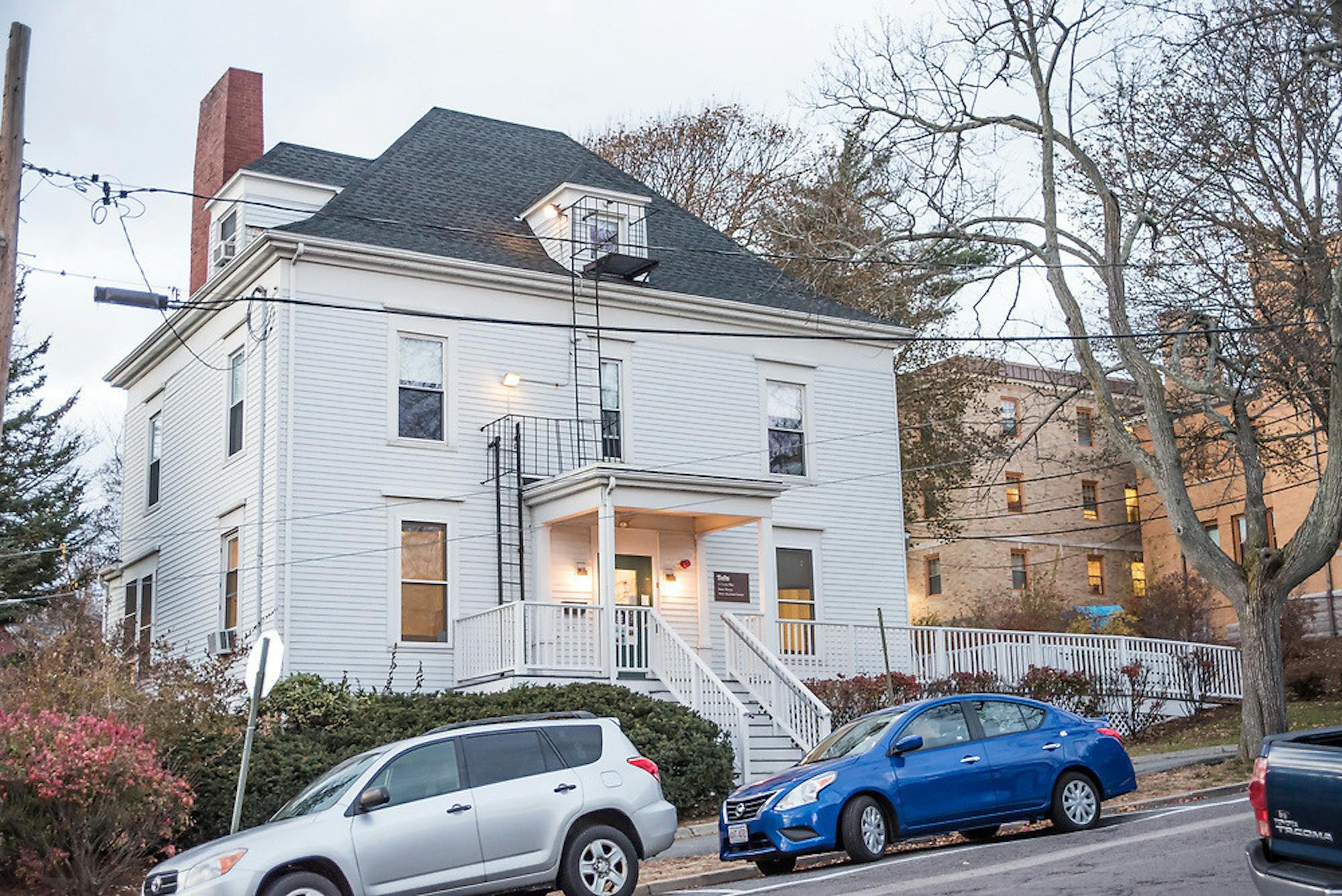The Tufts Office of the Provost hosted a webinar titled “Voices from Chinatown: Resilience in the time of COVID-19 and Anti-Asian Racism” on Friday, Dec. 4. The program, which over 200 people attended,consisted of presentations from multiple community members about the impact of COVID-19 on anti-Asian racism.
The webinar was co-sponsored by the International Center, the Asian American Center, the Tufts Asian and Asian American Affinity Group, the Jonathan M. Tisch College of Civic Life, Tufts University School of Medicine, the Office of Government and Community Relations and Addressing Disparities in Asian Populations Through Translational Research, or ADAPT.
Maren Greathouse, associate director of diversity and inclusion education for the Medford/Somerville and School of the Museum of Fine Arts campuses, wrote in an email to the Daily that a planning committee composed of faculty and staff from across the university brought together three speakers: Jeenah Hah from the Asian Community Development Corporation (ACDC), Chu Huang from the Chinatown Resident Association and Yoyo Yau from the Boston Chinatown Neighborhood Center (BCNC).
Adriana Black, associate director for diversity and inclusion education for Tufts’ health sciences campuses, opened the program by acknowledging the efforts of the planning committee and discussed the university's creation of five workstreams that guide Tufts' anti-racist work.
“It was important for our team to begin this event with a land acknowledgment that centers on both the genocide and resilience that Indigenous communities have faced since the inception of the colonial project,” Black said. “We also want to acknowledge that many recent university-wide efforts that have taken place over the last six months occurred due to the persistent anti-Black sentiment and the brutal murder of Black American man, George Floyd.”
Carolyn Rubin, assistant professor of public health and community medicine at theSchool of Medicine, moderated the event. She began with a history of Chinatown, discussing the impact that urban renewal projects had on the area.
“Chinatowns began as safe havens for these early settlers and have become vital to the development of the nation," Rubin said. “Starting in the 1950s, Chinatown was part of a series of urban renewal projects that would result in the neighborhood, literally being cut in half for the construction of the central artery and the Massachusetts Turnpike, because the priority was to bring the white working middle class back into the city."
According to Rubin, anti-Asian rhetoric has increased substantially during the COVID-19 pandemic.
"There have been over 2,000 documented instances of anti-Asian discrimination and we are a community that under reports," she said.
Hah then presented about the history of Hudson Street and her work with the ACDC to rebuild it.
“Hudson Street was like the front stoop of Chinatown,” Hah said. “After almost 10 years of organizing, ACDC and community organizations really fought to win back the land and build close to 150 affordable homes, called One Greenway.”
The ACDC worked with community members to create a new, inclusive vision for the area, Hah said.
“We asked our residents: What would it look like for you to belong? For you to not just live here and have a home, but really heal the social amnesia that actually happens in the public space, as all this displacement has been traumatizing this community,” she said.
Yau later spoke about the support services BCNC has provided in Chinatown in recent months.
“A typical Chinatown family we serve at BCNC, they have limited English, [are] immigrants, low income, working-class, a household that usually lives in a two-bedroom unit that includes six to eight members,” Yau said. “I want to highlight some positive characteristics. They demonstrate very strong resiliency."
Huang’s presentation about university and community relations discussed how the Josiah Quincy Elementary School serves as an example of a space that is being used to benefit the community. She encouraged the Tufts community to consider how it can create more partnerships with Chinatown constituents.
“I really want to push you and encourage you to be brave and think about what are some privileges that you have and how can you make sure that neighbors in the community of Chinatown can also gain that kind of access,” she said. “What are some equitable services that you can offer and provide to the community?”
In a later email to the Daily, Shirley Mark, director of community partnerships at the Jonathan M. Tisch College of Civic Life, expanded on the purpose of the event and wrote that she believes Tufts has a responsibility to its partners in Chinatown, especially given the location of the health sciences campuses.
“Chinatown is home to the Health Sciences campus — schools of medicine, nutrition, dental medicine, and more,” she said. “The university has extensive relationships and many partnerships with Chinatown organizations and businesses.”
Greathouse echoed the importance of centering Asian American voices.
"It is critical that the issues facing Asian and Asian American residents of the Boston Metro area be discussed within the Tufts community. We interact with these community partners every day and have a responsibility to center the lived experiences of Asian and Asian American voices," she said.






